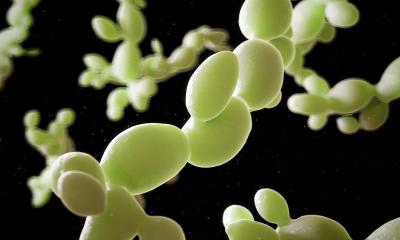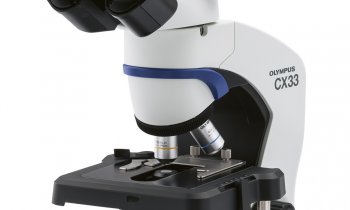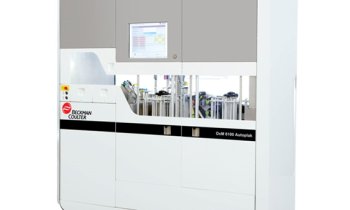Happiness causes cancer?
Reseacher from the Univerisity of Zürich discovered a new function of the “happiness hormone”, serotonin. It boosts the growing of colon cancer by enhancing the vascular development of tumors.

Serotonin has a many different functions in human organism: It transports signals to the brain, provides digestion, and is part of a system that regulates the blood pressure of the cardiovascular system. It is mainly stored in the platelets that distribute it all over the body and release it in different organs, as soon as it is needed.
Researcher from the Swiss Centre for Liver, Pankreas and Bile Diseases (Swiss HPB-Center) investigated the growth of colon cancer in mice without serotonin in their blood platelets. “We could demonstrate that tumors grow significantly slower as in the control group with normal blood platelets”, Pierre-Alain Clavien, Director of the Clinic for Visceral and Transplantation surgery and senior author of the study, published in the current issue of the journal Cancer Research.
To be on the safe side, the researcher increase the serotonin level of the manipulated mice to a normal concentration and found that the tumors started to grow as fast as in the control group. When they went into detail, they determined that serotonin boost the vascular developing of the tumor by an interaction with so-called macrophages.
Colon cancer is one oft the most abundant malignant tumors in industrialized nations. “In spite of the advanced therapies of the last years, the long time survival is still poor,” Calvien said. “For this reason the new insights of the key role of serotonin are very important.” The hormone might be a promising target for prevention and treatment of colon cancer. A new therapy with already existing serotonin-inhibiting substance might improve the longtime survival.
21.07.2008
More on the subject:











